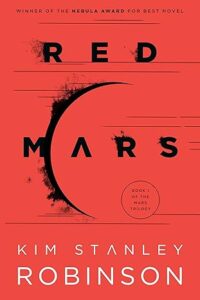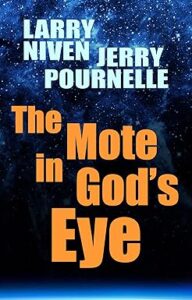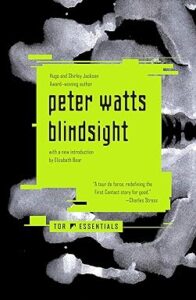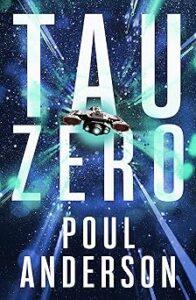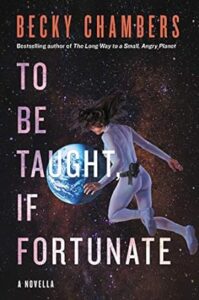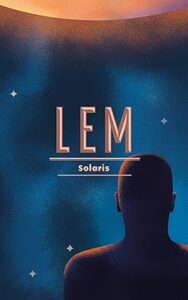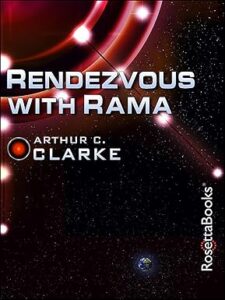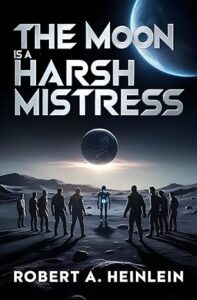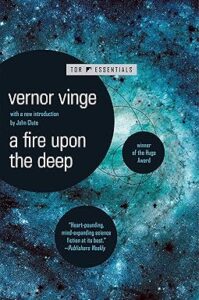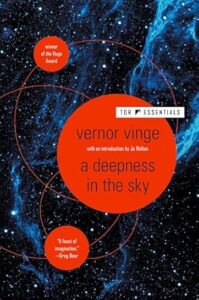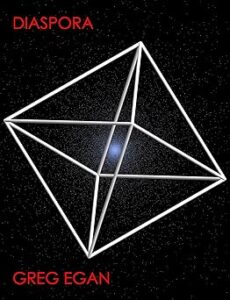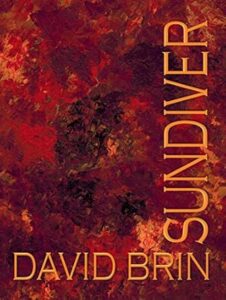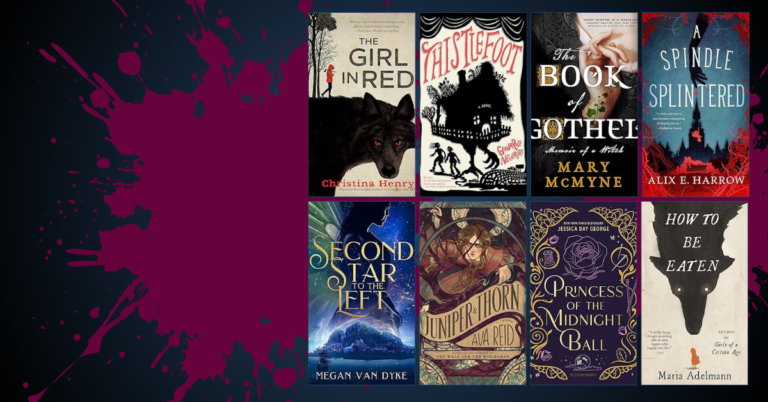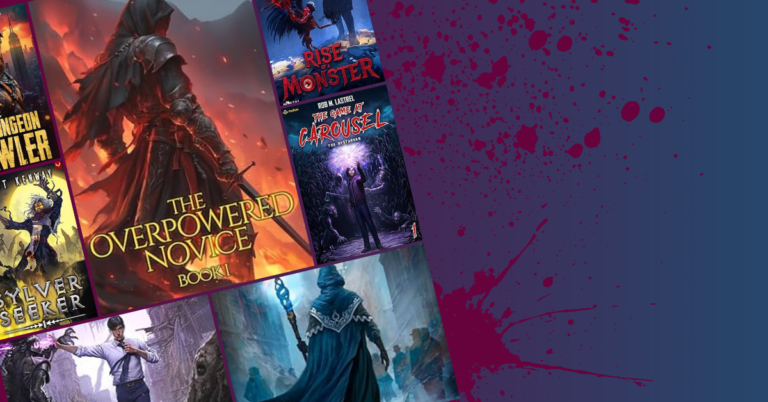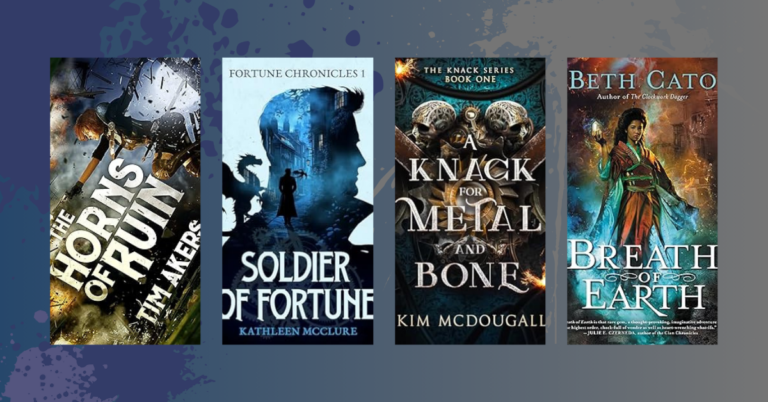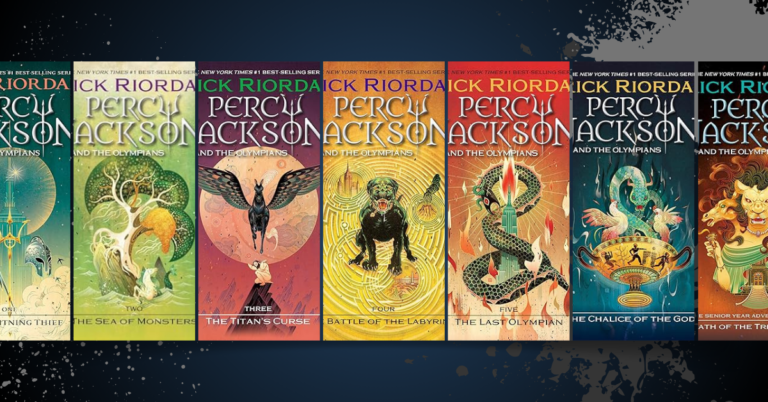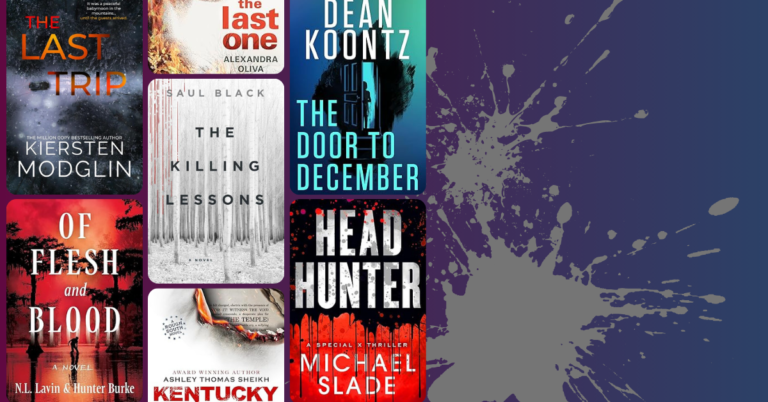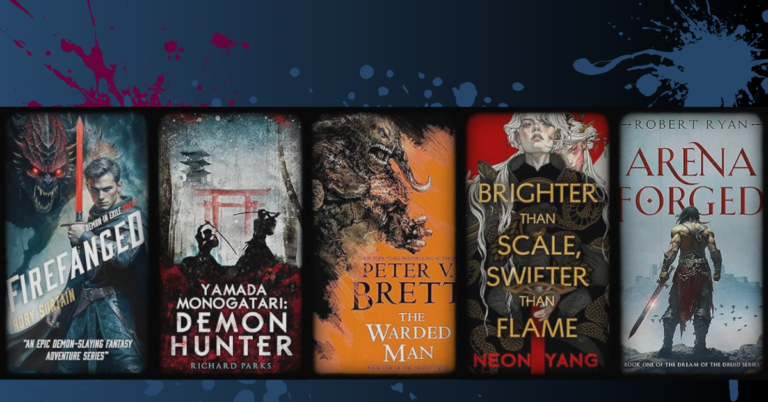Hard science fiction: for readers who want their space battles, time travel, and AI uprisings with a side of actual science.
Hard science fiction is the genre that says, “Sure, we can blow up a star…but let’s check the math first.” It’s the corner of sci-fi where authors sweat over equations, engineers nod approvingly, and readers get to ask the eternal question: Could this actually happen? Sometimes yes, sometimes not even close, but either way, it’s fascinating.
Hard science fiction grounds its wildest ideas in real science, delivering high-stakes drama that feels one lab test away from reality. It’s where rocket fuel gets character billing, quantum mechanics doubles as a subplot, and no one waves a wand to fake the tech.
The “hard” doesn’t mean harder to read (though yes, you might Google a term or two). It means the science matters. Instead of hand-waving space travel with “warp drives because vibes,” hard sci-fi digs into relativity, propulsion systems, and the consequences of forgetting oxygen.
So why does this matter? Because readers love imagination that doesn’t break believability. Hardcore fans show up for accuracy; dabblers stick around for the “oh wow, so that’s how black holes work” moments. Even if physics wasn’t your strong suit, the mix of real science and human drama keeps the pages turning.
What Exactly Is Hard Science Fiction?
It’s sci-fi’s no-nonsense sibling. The one who takes themselves way too seriously, but still shows up to the party. Hard sci-fi prioritizes real-world science, plausible tech, and logical consequences. Think grounded space travel, believable AI, and genetics that feel like tomorrow’s headlines.
Why Do Readers Crave It?
Smart escapism. Hard sci-fi gives you the rush of learning something real while still delivering betrayals, explosions, and the occasional existential AI crisis. It scratches that “what if?” itch better than softer sci-fi because it feels alarmingly close to reality.
How to Spot It Without a Lab Coat
- Tech with receipts: propulsion, relativity, orbital math.
- AI with identity issues, not just evil laughs.
- Science that mostly makes sense.
- No mystical crystals, thanks.
If NASA or CERN might give it a cautious thumbs-up, you’re in hard sci-fi territory.

